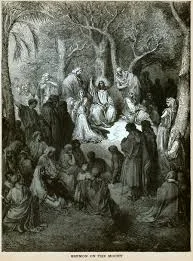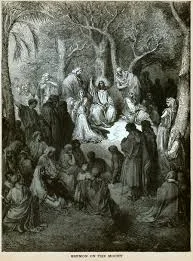Worshipping the Creator over the Created
/From the moment sin pervaded our world, every human has fought the seemingly instinctive pull toward idolatry. Yes, we may not build wooden images or metal statues and bow down and offer homage to them. Yet we still long for idols. Because of sin we are allured to worship the created rather than the Creator. This is exactly what John means when he writes, “Do not love the world or the things in the world.” He goes on to say, “ For all that is in the world—the desires of the flesh and the desires of the eyes and pride of life—is not from the Father but is from the world” (1 John 2:16). The desires of the flesh, desires of the eyes, and the pride of life are all elements that lead us to idolatry. Ultimately the sin of idolatry lies at the root of almost every sin. We simply are not satisfied with God himself; we want to worship everything he has created. Again, the problem is not with what God has created. God desires for us to use and steward his creation. The problem is with sin. Our sin propels us to worship the created rather than the Creator.
Read More









